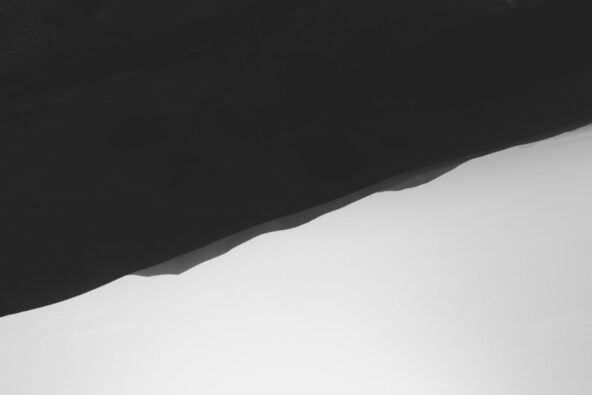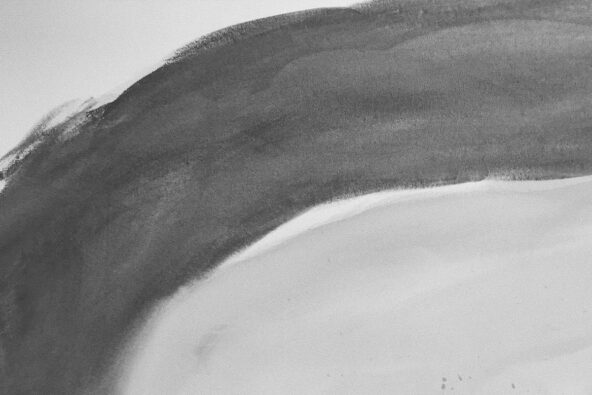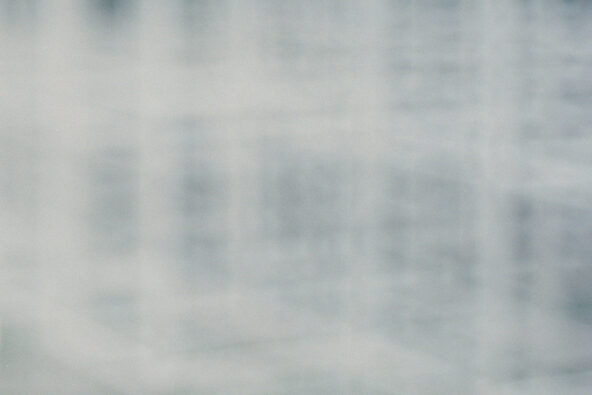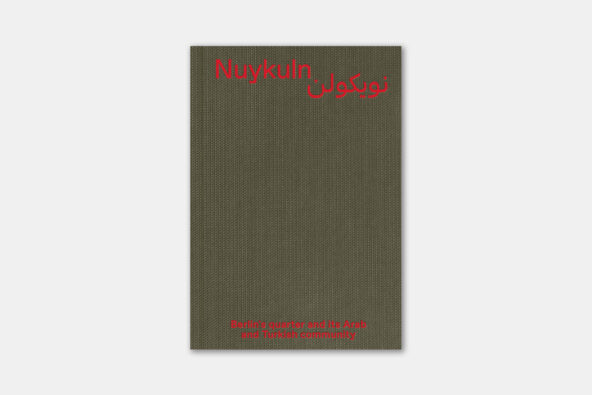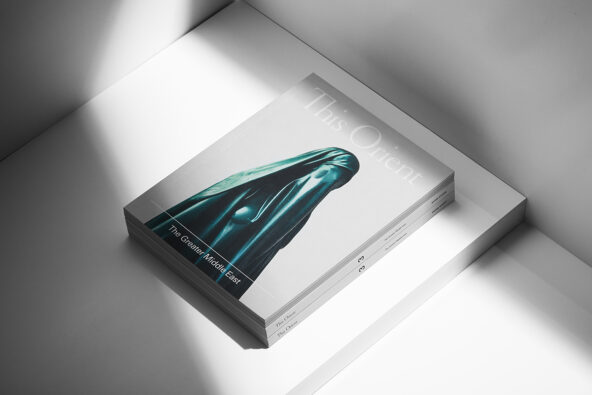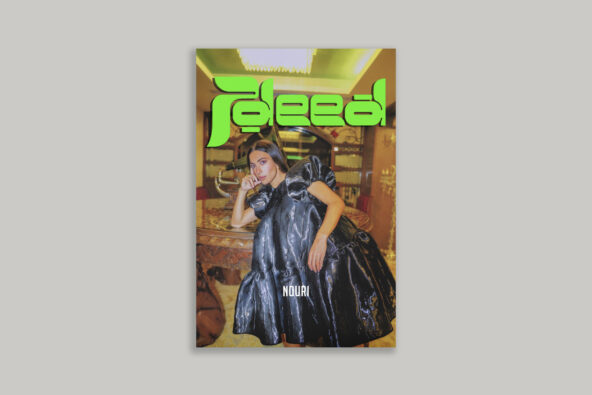A Map Drawn By My Mother's Spice Cupboard
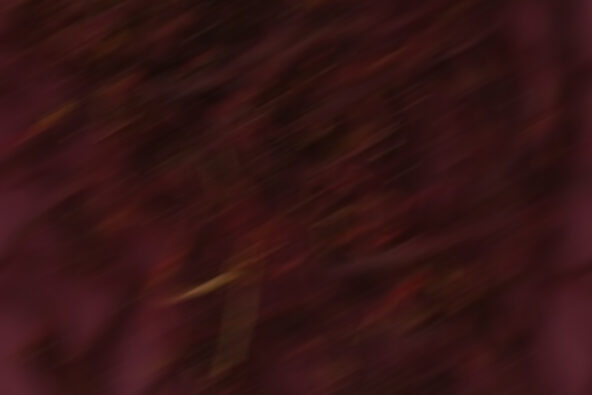
Joy awakens in the memories of my mother’s spice cupboard. Jars filled with incongruous substances and powders, with Arabic words – curcum, za’tar, shbint, za’afaran – haphazardly labelled in marker pen. “Helping my mum crush noomi Basra (Persian limes) for my favourite timmen ala jizar”, Riyam reminisces on her mother’s spice cupboard. “Big jars filled with mystery spices no one remembers”, Sarah says. And Larena’s memories of her spice cupboard are ones filled “jams”. No wonder our people and lands are so easily exoticised; it’s hard not to feel nostalgiac for an imaginary bazaar overflowing with intoxicating scents, varying colours and curious textures.
Our universal Middle Eastern stamp of identity is a cupboard filled with reused jars – making the contemporary knack of upcycling look easy – tattered packets of Maggi stock cubes from the Middle Eastern supermarket, and decades-old bottles of Rose Water with the label admittedly discoloured yet somehow still in tact. The doors of these cupboards have opened up to bear witness to both heated family screaming matches and tender moments when mama teaches you how to make kubba. For the displaced ones, these doors might open a portal to bygone zemmen (eras) within sun-baked stone houses and missiles out of sight but not out of ear-shot. Whilst for the diaspora, they demarcate an ancestry which has lost geographical significance.
I’m obsessed with my family’s archives, like most diaspora kids. With the browning photos shuffled among one another, with the letters revealing past lives, with VHS tapes documenting trips and days I’d almost forgotten about. But the accidental archives of the spice cupboard are what have endured decades and generations of migration in lieu of physical artefacts, like photos, memorabilia, or houses. This is knowledge passed down, a secret language between mother (occasionally, father) and daughter (occasionally, son). Learning how to identify a spice or herb by its smell, the way it crumbles in your fingertips, its colour and the way it bleeds into rice. This is knowledge no photo or letter could teach, it is passed through blood and it ferments in breaths passed between family. And where archives leave a key to the past, this cupboard is a door into what the future might look like, what we might pass on to our children, or whoever we’ll choose to keep close.
Bio: Dalia is a freelance Iraqi-British journalist and editor with bylines in Huck, Cosmo Middle East, Riposte & Notion, focusing on emerging creativity from the SWANA region and diaspora, migrant narratives, and reporting on community-led stories from the margins.
